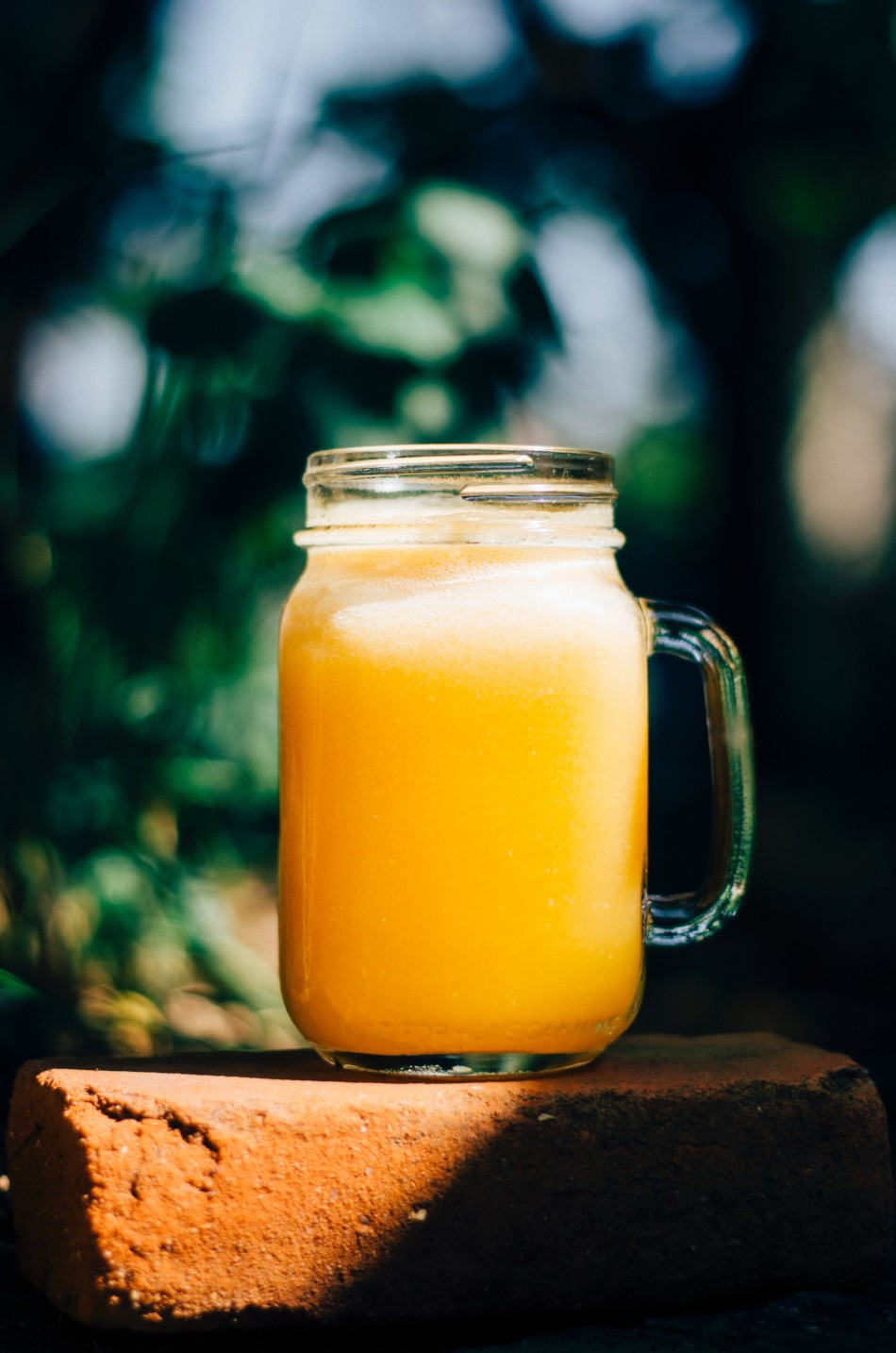Freshly squeezed survey helps separate fruit juice fact from fiction

Freshly squeezed survey helps separate fruit juice fact from fiction
3 min read
A recent survey of 1029 adults, commissioned by the Fruit Juice Science Centre, has shone the spotlight on a shortfall in Brits’ understanding of the immune health benefits of fruit juice. In this article, we’ll explore the survey results and scientific evidence, separating fruit juice fact from fiction.
Habits and attitudes
Almost half of those surveyed enjoy fruit juice every day, while just 8% save it for the weekends. Unsurprisingly, it’s a particularly popular breakfast drink, with 60% of respondents saying they have theirs in the morning, while almost a fifth (19%) use fruit juice to rehydrate after a workout.
For just over a third of us (34%) it’s simply about the taste, while a quarter of us drink fruit juice to be healthier (25%), with many of us reaching for the carton when we’re under the weather because it:
· is a source of vitamin C (44%)
· gives us energy (30%)
· helps us get better quicker (22%)
· helps with digestive health (14%).
Fruit juice and immunity
Three out of five of those polled (58%) said the pandemic has heightened their awareness of the importance of the immune system, with nearly half (48%) seeking out immune-supporting foods and drinks as a result.
Fruit juice featured in the top three food and drink picks for immunity:
1. Fruit (87%)
2. Vegetables (85%)
3. Fruit juice (65%)
That’s despite the fact that less than half (46%) actually drink fruit juice to support their immune system. More than half (54%) of those polled knew fruit juice is rich in vitamins and minerals and 29% were aware that it’s high in antioxidants.
The survey asked respondents to identify specific nutrient shortfalls that could impact the immune system. Encouragingly, vitamin C was the top choice (65%), followed by:
· vitamin D (56%)
· iron (52%)
· calcium (49%)
· omega-3 fatty acids (44%).
In fact, all these nutrients play a role in immune function, especially vitamin C, showing that people have a pretty good general understanding.
Vitamin C knowledge
However, we fall down when it comes to the finer details around vitamin C. While 43% have no idea that it supports immune function, more than a quarter (27%) think we only need 50 mg of vitamin C a day, but some experts believe that 200 mg is needed when you’re fighting off infection.
Dr Carrie Ruxton, dietitian at the Fruit Juice Science Centre, says: “Vitamin C is water soluble. This means your body uses what it needs from the sources you consume each day and gets rid of the rest in the urine. So, it’s important to have a regular intake of fresh fruits and vegetables, including juices.”
It turns out that our understanding in this area isn’t up to scratch either, with four in ten wrongly believing that:
· a single blitz on vitamin C-rich foods can keep you topped up for a few days
· the body stores vitamin C, ready to use when you need it.
More than a third (39%) didn’t realise that a shortfall of vitamin C can compromise the immune system.
Despite living through a pandemic, public understanding of the immune system is surprisingly vague and inconsistent. Just over three quarters (77%) of people knew our immune system fights viruses and bacteria. That means nearly a quarter didn’t know this, and nearly half (47%) didn’t know you’re more likely to pick up viruses when your immune system is compromised.
Perspective on polyphenols
Our knowledge isn’t any better when it comes to polyphenols and other natural plant chemicals. In fact, it’s worse. Despite growing evidence of their nutritional value, more than half (56%) of us haven’t even heard of them.
When asked about the best sources of polyphenols people said:
· Vegetables (62%)
· Beans (42%)
· Berries (41 %)
· Oily fish (22%)
· Olive oil (21%)
· Wholemeal bread (19%)
· Milk chocolate (10%)
· Meat (10%).
The truth is only plant foods – primarily vegetables, beans, fruits and their juices – provide polyphenols. Worryingly, despite all the evidence, only 37% of those polled identified orange juice as a dietary source rich in highly bioavailable polyphenols, such as hesperidin. In fact, studies show that the body can absorb three times more hesperidin from orange juice than from whole oranges!
A role for a daily glass of 100% fruit juice
The Fruit Juice Science Centre Survey shows that we have some understanding of the general principles of nutrition for immune health, but we’re hazy on the specifics. A silver lining of the pandemic is that more people are placing their immune health high up their priority list. If we all pay more attention to fuelling our bodies with what they need – including vitamin C and polyphenols – we’ll be in better shape to cope with whatever life brings.
